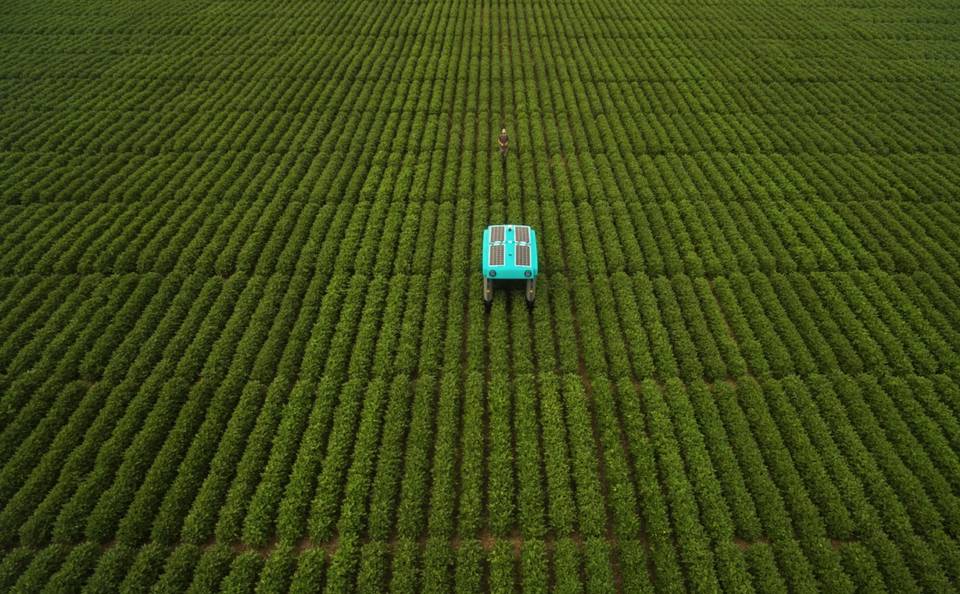
The US-based company developed a low-emission electric powered plant buggy fitted with solar panels that can roll through the fields, scanning crops and collecting high-quality images of each plant.
Google's parent Alphabet has developed a robotic plant buggy to scan crops and generate data to help farmers grow food.
"Just as the microscope led to a transformation in how diseases are detected and managed, we hope that better tools will enable the agriculture industry to transform how food is grown," Alphabet said in a statement.
The US-based company developed a low-emission electric powered plant buggy fitted with solar panels that can roll through the fields, scanning crops and collecting high-quality images of each plant.
The images are combined with satellite imagery, weather data, and soil information, to get a clear picture of the happenings in the field.
The buggy collects plant-level data, and the robotics, sensing, and software tools collect and interpret diverse data from the field.
The company believes that the current tools do not help farmers understand agriculture’s complexity and take effective decisions. The new tool collecting important data from the field, like plant height, leaf area, and fruit size, can help farmers predict the size and yield of their crop, enabling them to make better yield projections, Alphabet added.
The company used machine learning to spot patterns about how plants grow and interact with their environment. The buggy comes in different shapes and sizes so that it can adapt to fields with different crops. It has plant mapping and identification GPS software to locate plants. Its sophisticated cameras and machine perception tools can spot issues in the field and analyze plant traits.





















